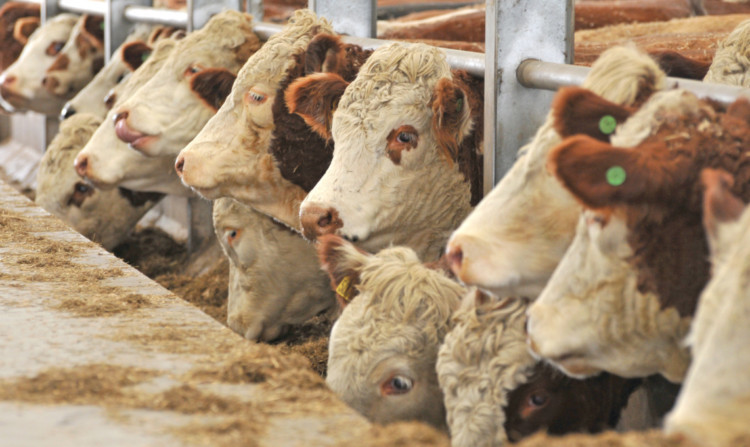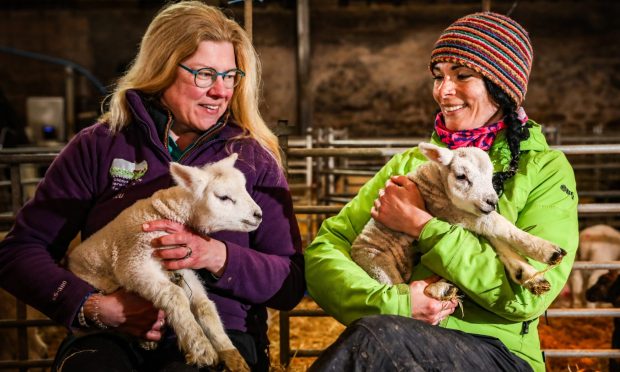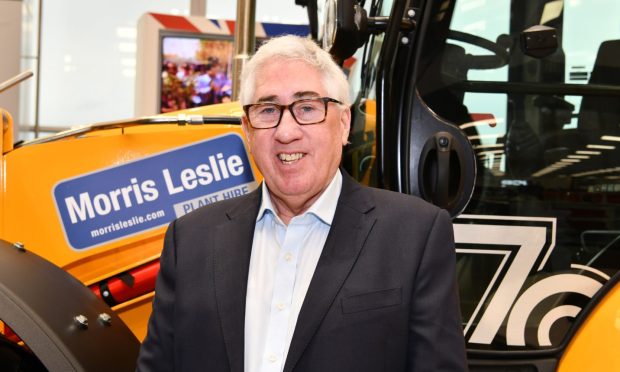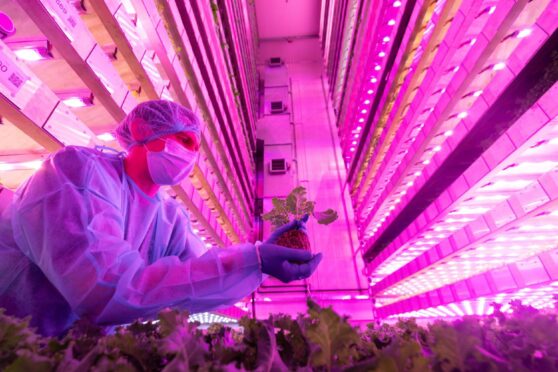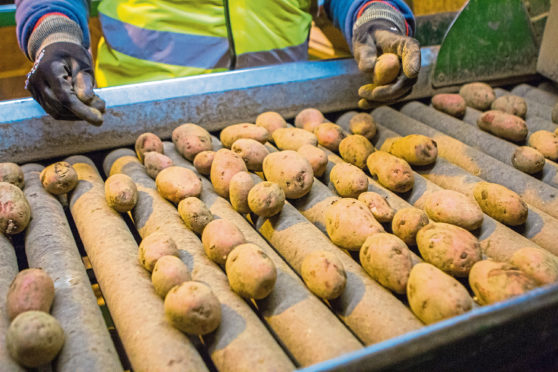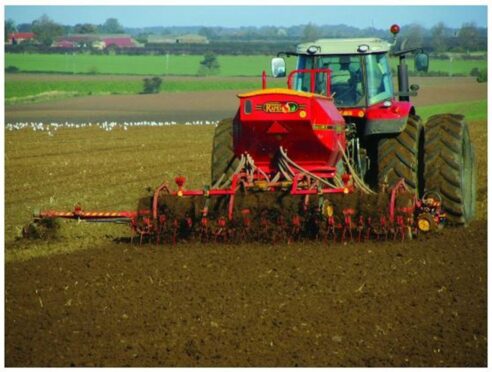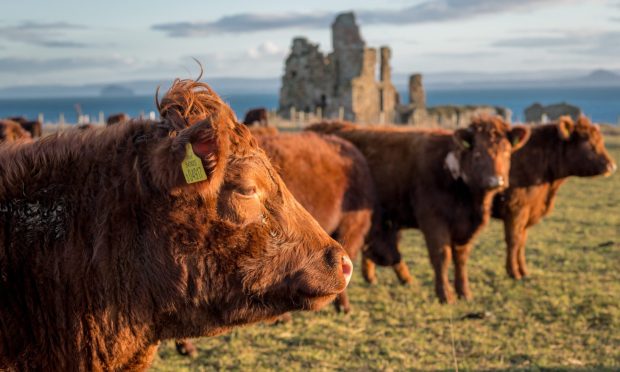A lack of common sense by Government meat inspectors has resulted in “safe” meat being declared as waste and destroyed, according to the leader of Scotland’s abattoir and meat plant owners.
Alan McNaughton, the president of the Scottish Association of Meat
Wholesalers (SAMW), told his organisation’s conference in Glasgow that his members fully supported the basic requirements of food safety legislation but were “less than happy” with the way in which Food Standards Scotland (FSS) had handled some issues over the last year.
He also complained that FSS’s zero-tolerance towards ante-mortem
inspections often resulted in the “wrong decisions being made and pragmatic interpretation of a situation being ignored”.
The operators of slaughterhouses and cutting plants, which have an annual turnover of £870 million, had anticipated less red tape and lower inspection costs when FSS took over from the UK’s Food Standards Agency a year ago, but according to Mr McNaughton, that has not transpired.
“Charging is starting to become an issue, or at least a threat, to our
members,” he said.
“We didn’t support the new structure to end up paying more, merely to fund increased bureaucracy.
“Any effort to introduce additional charge will certainly be viewed by our members as being totally unacceptable.”
The industry’s challenge was batted straight back.
FSS chief executive Geoff Ogle said no other country in the world was charging less than FSS for meat inspection.
And he insisted the agency did have a pragmatic approach.
“But there are certain things, as a regulator, we can’t bend on,” he said.
“Whether I agree with common sense or not becomes irrelevant to what the legal position is.
“The proposition that a regulator can decide to ignore the law because
common sense said it should is not a place a regulator can be, and reputationally it is not where it should be.”
Mr Ogle called on the industry to adopt a collaboarive approach to
regulation and have a “more balanced” conversation about costs.
To support his case, he revealed figures which showed that overtime and idle time, where meat plants asked for inspectors to be on duty but did not use them, cost the industry £384,000 last year.
He said: “Those figures show it’s not the regulator that’s generating the costs. I think this is a challenge for the industry over how plants are operating.”
Mr Ogle repeatedly appealed to industry to work in partnership with him to look at how costs could be reduced, and went on to question whether the philosophy and culture of Scottish meat processors matched those he had experienced on a benchmarking trip to New Zealand.
“There isn’t a regulator versus industry (there),” he said.
“When they get issues around non-compliance the industry question to the regulator is ‘what is the regulator doing about (it)’, because they’re very focused on their reputation.
“In Scotland we’ve got a good reputation, but the question is have we got that Scotland PLC mentality?”
